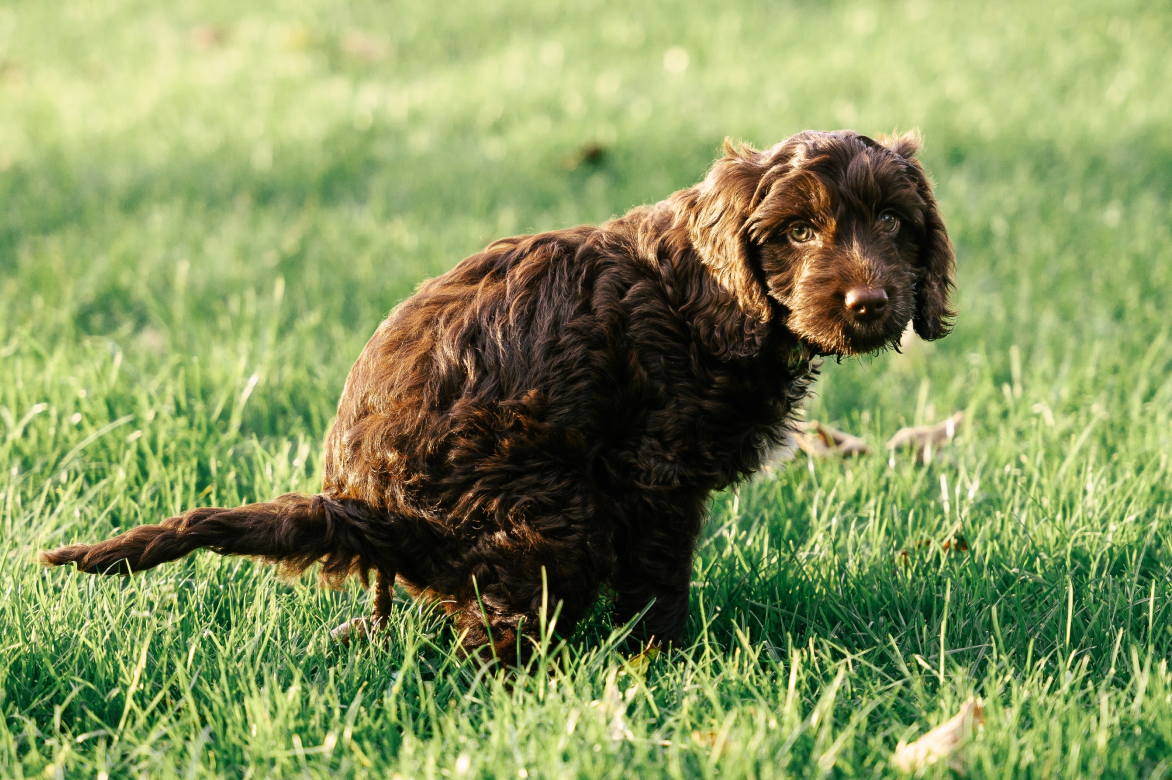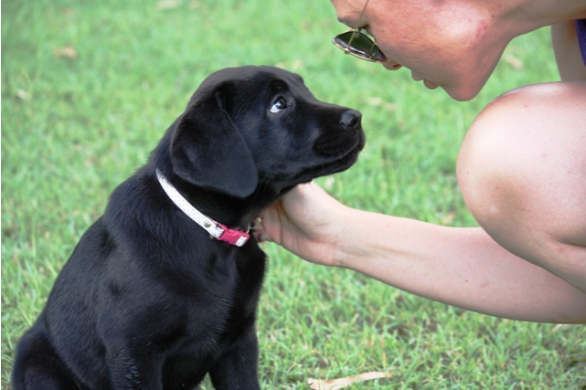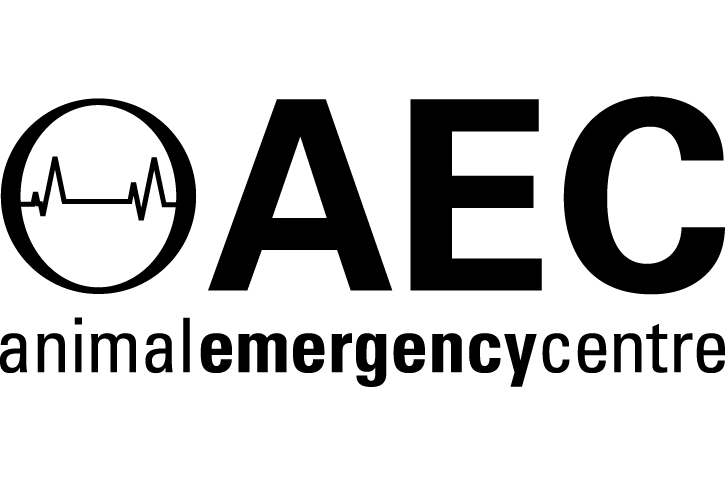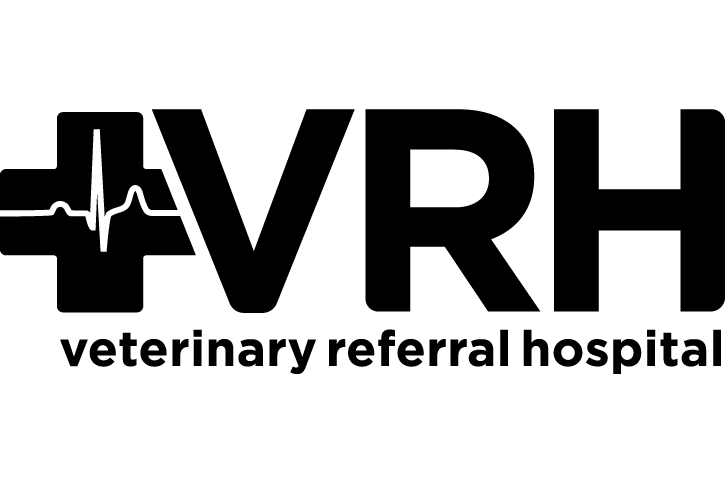A guide to diarrhoea in dogs
Diarrhoea in dogs is a common but concerning issue that most pet owners will experience during their pet’s life. While it can be a simple result of a dietary intolerance, it can also be an indicator of more serious underlying health problems. Here’s what you need to know about the causes, symptoms, treatment options and preventive measures to manage this condition in your furry friend.
You can read more of our specialist veterinary news and stories here.
For referring vets, please use our online referral form to submit a case enquiry.
Our Network
Animal Referral & Emergency network is the largest specialty and referral network in Australia, consisting of over 20 sites. With over 1,200 dedicated team members, including over 600 nurses and over 390 veterinarians (including specialists and registrars), we provide exceptional care for your pets. Count on us for expert medical attention and comprehensive veterinary services.
.png)










